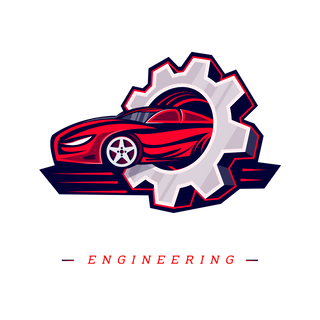Tune ups
A tune-up is a comprehensive maintenance service performed on a vehicle to ensure optimal performance, efficiency, and longevity of its engine and related components. While the specifics can vary depending on the vehicle's make, model, and age, a typical tune-up generally includes several key tasks:
-
Inspecting and Replacing Spark Plugs: Spark plugs ignite the air-fuel mixture in the engine cylinders, providing the necessary combustion for the engine to run. During a tune-up, the mechanic inspects the condition of the spark plugs and replaces them if they are worn out, corroded, or covered in deposits.
-
Replacing Ignition Wires: In vehicles with older ignition systems, ignition wires (also known as spark plug wires) may need replacement. These wires carry high-voltage electricity from the ignition coil to the spark plugs. Cracked or damaged wires can cause misfiring, leading to poor engine performance and fuel inefficiency.
-
Inspecting and Cleaning the Air Filter: The air filter prevents dirt, dust, and debris from entering the engine intake system. Over time, it can become clogged, restricting airflow and reducing engine performance. During a tune-up, the air filter is inspected, and if necessary, replaced or cleaned to ensure proper air intake.
-
Checking and Adjusting Ignition Timing: Ignition timing refers to the precise moment when the spark plugs fire in each cylinder during the engine's combustion cycle. Incorrect ignition timing can lead to poor fuel economy, engine knocking, and decreased power. A mechanic may adjust the ignition timing during a tune-up to ensure it is set to the manufacturer's specifications.
-
Inspecting and Cleaning the Fuel System: The fuel system includes components such as the fuel injectors, fuel filter, and fuel pump, which deliver fuel to the engine for combustion. Over time, deposits can build up in these components, affecting fuel delivery and engine performance. During a tune-up, the fuel system is inspected, and if necessary, cleaned or serviced to ensure proper operation.
-
Checking and Adjusting Engine Idle Speed: The idle speed is the rotational speed of the engine when it is not under load. A mechanic may adjust the idle speed during a tune-up to ensure smooth operation and prevent stalling.
-
Inspecting and Replacing Other Wear Items: Depending on the vehicle's mileage and condition, other wear items such as the distributor cap, rotor, PCV (positive crankcase ventilation) valve, and fuel lines may be inspected and replaced as needed during a tune-up.
-
Performing a Computer Diagnostics Test: Modern vehicles are equipped with onboard diagnostics systems that monitor various engine parameters and sensor readings. During a tune-up, a mechanic may use a diagnostic scanner to retrieve any stored trouble codes and perform diagnostic tests to identify any underlying issues affecting engine performance.
Overall, a tune-up is essential for maintaining the overall health and performance of a vehicle's engine. By addressing key components and performing necessary adjustments and replacements, a tune-up helps ensure that the engine runs smoothly, efficiently, and reliably for miles to come.

